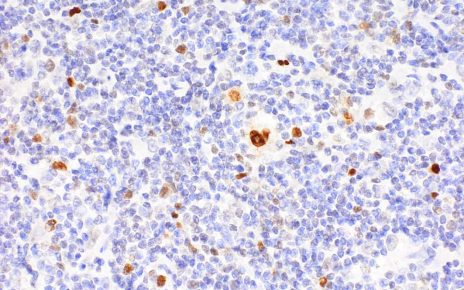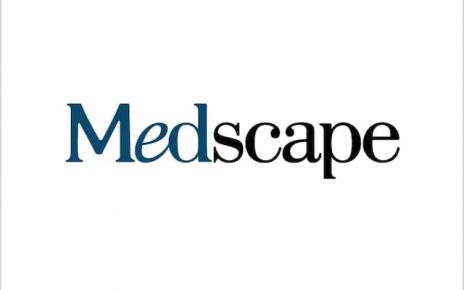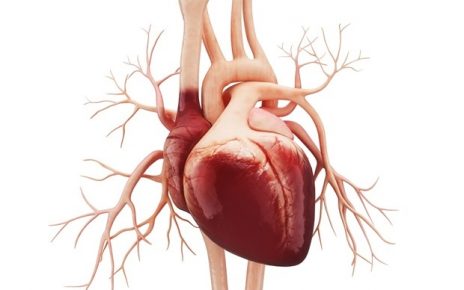A wealth of evidence has shown that the first 1,000 days of an infant’s health and wellbeing is crucial to build a strong foundation for a child to thrive throughout their lifetime.
But this knowledge comes with increased pressure on mothers. In our current culture they already shoulder most of the childcare responsibilities. The recent Household, Income and Labour Dynamics in Australia (HILDA) Survey resultsshows that after parents have their newborn babies, the percentage of housework and home duties a mother does rises dramatically.
Two roundtable forums in Australia and Indonesia last year discussed the health and wellbeing of Indigenous peoples in the two countries. These confirmed that parents’ extended family and community have an important role in caring for children in their first 1,000 days.
Destruction of Indigenous communities
Colonisation in Australia led to the destruction of community for many Aboriginal and Torres Strait Islanders. Across the world, urbanisation continues to destroy Indigenous communities.
The dissolution of community of Indigenous peoples often removes the social, family and community networks that carers require to help them in child-rearing.
This is worsened by high rates of inter-generational trauma, perinatal depression and domestic violence that exist across Australia and Indonesia in all areas, but often more so in Indigenous communities due to their history of colonisation. The disintegration of community has removed the networks and support needed to be resilient to these problems.
Australia-Indonesia forums
The forums on the health and wellbeing of Indigenous people involved 50 policymakers, community workers, academics, service providers and representatives from non-government organisations. They defined the extended family as including all carers: grandparents, aunties, uncles, nannies, even drivers and all those who contribute towards the care of the infant.
Many Indigenous peoples have a history of communal living. The importance of community involving a wide circle of carers in the first 1,000 days of a child’s life is a shared value for Indigenous people in Indonesia and Australia.
Carers and a non-biological concept of family have a huge role not only in caring for the infant, but also in supporting the primary caregivers. Participants in the forum found that this can be applied in any first 1,000 days framework.
Participants believed strengthening community and valuing its potential to increase support and care could have enormous benefits for children throughout their lives. Professor Kerry Arabena, executive director of the First 1000 Days Australia, says: “This sense of valuing community is not something that can be just stated in a policy and then implemented.”
It takes a movement, it takes people’s beliefs and actions to produce a sense of community.
Strategies to strengthen community’s role
Despite a difficulty in prescriptive implementation, there are initiatives and strategies that have succeeded in influencing community strengthening around a child.
In Australia, Aboriginal people in Mildura, Victoria, in 2012 and more recently in Moreton Bay in Queensland re-ignited an Aboriginal and Torres Strait Islander ceremony “Welcome Baby to Country”. The ceremony conducted by an Indigenous traditional owner welcomes all Aboriginal and Torres Strait Islander babies on to the community’s traditional lands. The babies and their families are brought together as a community. In doing so, they become reconnected to their culture and history.
In Indonesia in 2016, a maternal health centre initiated classes for fathers. Called “KASIH”, an abbreviation of “Kelas Ayah Sayang Ibu Hamil” or a class for fathers who care for pregnant mothers, developed out of a need to improve family support for pregnant mothers, especially from their partners.
In both Indonesia and Australia, perinatal depression, anxiety and other conditions affect one in five women or more. The impacts of domestic violence are experienced mainly by women and more so during pregnancy across Australia and Indonesia.
The class for fathers could remind them of their role in taking equal responsibility for the health of their family, especially for their wives during pregnancy.
Strategies that aim to promote healing for men, and to value their role as carers, role models and nurturers, are critical to bringing up healthy babies and decreasing gender inequity.
For men in both Indonesia and Australia, Indigenous and non-Indigenous, a change in behaviour is required to increase their role within the first 1,000 days. An increased role for the male carer at this time has been demonstrated to have major influence on the future health and wellbeing of the child, particularly in the area of mental health and wellbeing.
Another example is the work of Bubup Wilam, an early learning child and family centre in Melbourne, Australia. It has provided a centre for the Aboriginal and Torres Strait Islander community in that area.
Bubup Wilam aims to prepare children for school, to build their sense of identity and culture, and hence their strength and resilience, so they are able to live happy and healthy futures.
It combines Western teaching and Aboriginal pedagogy with methods such as experiential learning. The centre uses traditional arts and crafts and language to provide children with a sense of belonging, self-esteem and identity.
Bubup Wilam also aims to provide a safe space for children and their families. It’s a place where they have access to people and services they can trust within the community.
Source: Read Full Article



